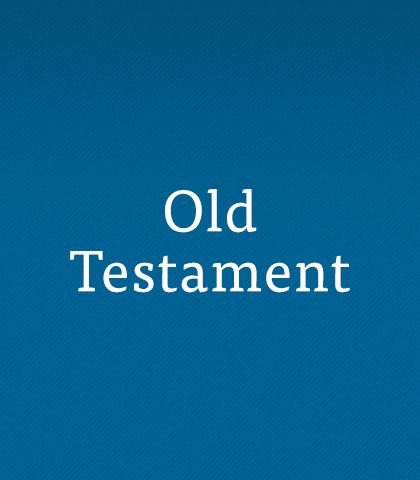For Cave Dwellers Only
At the bottom of his life, all crutches removed, David crawled into a cave in the Judean wilderness. He was disillusioned, hurt, lonely, and afraid. It was, up to that time, the lowest moment of his entire life. But God had a whole new direction for him to take.


